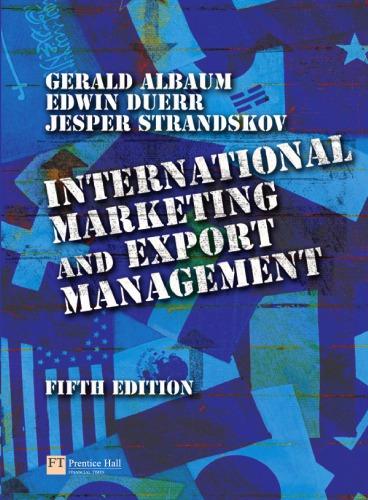2. Are companies in less developed countries ethically justified in producing and selling generic copies of patented
Question:
2. Are companies in less developed countries ethically justified in producing and selling generic copies of patented drugs without obtaining the permission (and paying) the patent holders? Explain your answer. Britain’s GlaxoSmithKline, the second largest pharmaceutical company in the world, was formed on 27 December 2000 by the merger of Glaxo Wellcome PLC and SmithKline PLC. The merged company had over 7% of the world market for ethical (prescription)
drugs. GSK had increases in both sales and profits in 2001, 2002, and 2003. Total sales in 2003 were £21 billion with profit before tax of £6.7 ($37.8 billion and
$12.1 billion respectively at the April 2004 exchange rate of £1.0 # US$1.8). With a number of problems facing the whole pharmaceutical industry, GSK expects 2004 to be a year of transition before it returns to growth in 2005 (GSK, 2004).
Because of the international nature of the companies involved, the proposed merger had required approvals by three governments as well as the stockholders of the companies involved. The European Commission had granted approval in May 2000, stockholders of both companies had endorsed it in July, and both the US Federal Trade Commission and the British High Court had given their approvals in December 2000.
Step by Step Answer:

International Marketing And Export Management
ISBN: 9780273743880
5th Edition
Authors: Gerald Albaum, Edwin Duerr






